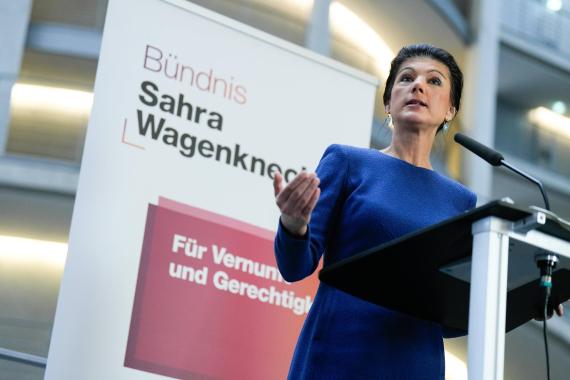Monitor
—
10 Items per Page
About this series
The Monitor series deals with one main topic at a time from the perspective of KAS experts and places it in the political and social context on the basis of a few key points.
Ordering Information
The contributions appear exclusively online and can therefore not be ordered.
The current main topics are “Development policy”, “Sustainability” and “Election and social research”. The contributions of these sub-series are presented for you on separate overview pages in addition to the overall series.












